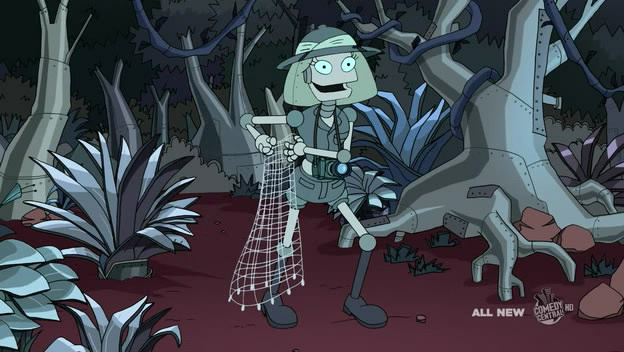You've done quite a bit of judging. You feel that the female species is a trademarked brand and that any use of its likeliness without expressed written consent from you is wrong.
We're not a separate fucking species! What they holy hell? And it's not at all a "brand". I find it incredibly dismissive and offensive that you seem to think that the actual physical reality of half of our species is just a set of stereotypes and logos!
I don't give a crap how anyone dresses or presents! I don't even know how you can manage to get my view so completely backwards.
A person in steel-toed boots, cargo pants, and with a buzz cut is not a male. It's just a person in steel-toed boots, cargo pants, with a buzz cut. A person in nylons, heels, and a dress, with long hair and eyeshadow is not a female. It's just a person in nylons, heels, and a dress, with long hair and eyeshadow.
If you see a person in steel-toed boots, cargo pants, and with a buzz cut, and you proceed to decide that they are therefore a man... you're being sexist. If you see a person in nylons, heels, and a dress, with long hair and eyeshadow, and you proceed to decide that they are therefore a woman... you're being sexist.
If you see a female person - with all of the visual indicators of the female sex that we have evolved over hundreds of thousands of years to be able to recognize - in steel-toed boots, cargo pants, and with a buzz cut, and you tell them that because of how they are dressed, they must be a man, then you're extra super duper sexist.
The outward trappings of social norms do not alter our sex, and they do not define our behaviors or our preferences or our capabilities. The physical reality of our sexed bodies however, have very real impacts on our lives.


